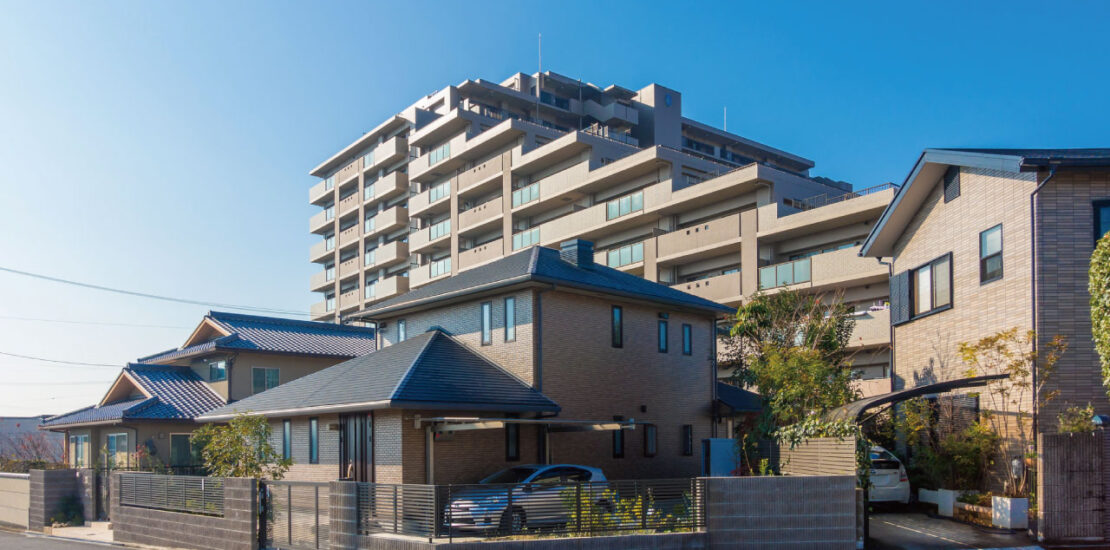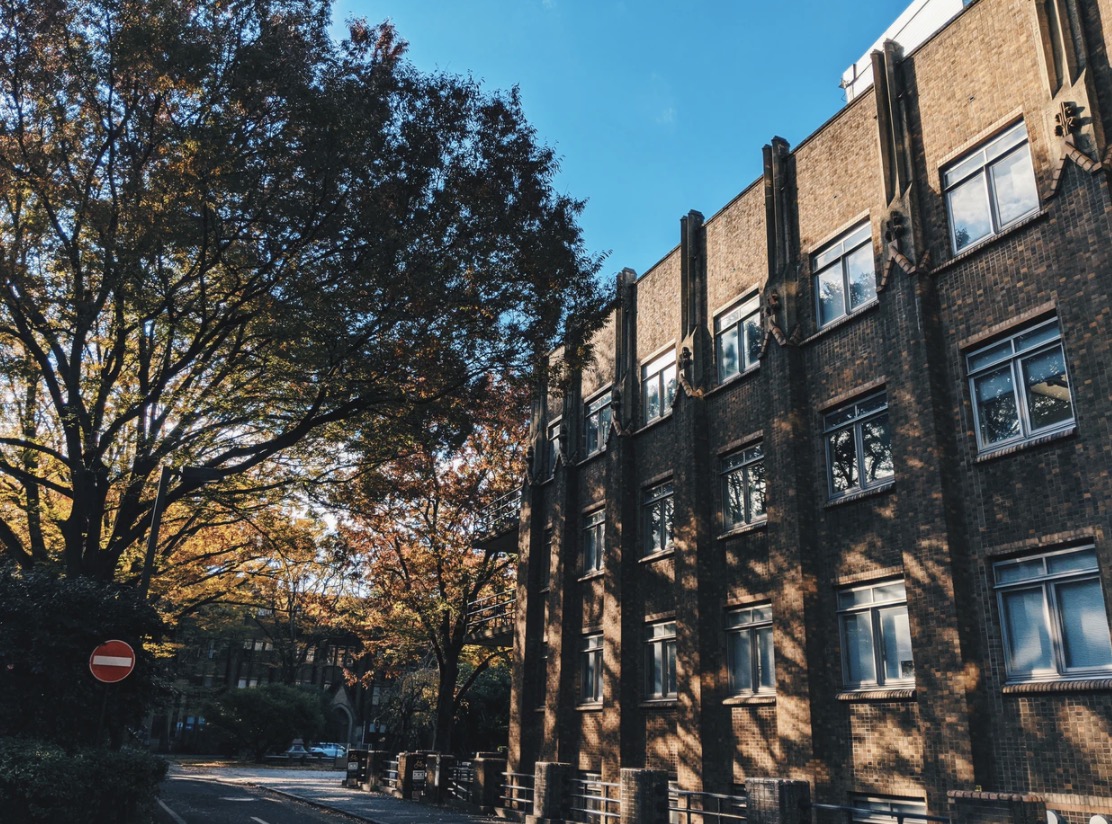When you ask anyone living in Tokyo how much it costs to move into an apartment, they would often say, “A lot.” But how much is a lot, really?

Ready to move out of your current accommodation and start a new and improved journey? Let’s take a look at how much money you need to be prepared to shell out when moving into your first apartment.
Get acquainted with the types of apartments in Japan
Before jumping into the breakdown of costs, let’s first differentiate among the different apartments in Japan because the cost varies greatly depending on the type. The most affordable one is shared apartments or sharehouses. You get a private room and share the rest of the space. You also have apartments that are furnished with the primary necessities so moving in is more convenient.
You can go for cheaper apartments in terms of initial costs but are unfurnished, so the appliances you need to get by are coming out of your pocket. Lastly, you have apartment hotels with a private and serviced room containing a bed, kitchenette, shower and toilet, and a small living room.
Deciding which type of apartment to get is greatly reliant on how long you’re staying in Japan. For example, regular apartments often have a two-year contract, so if you’re staying short-term, you might consider a furnished apartment hotel or sharehouse.

What to consider when choosing an apartment
There’s more to choosing an apartment in Tokyo than the square meters and provisions. Being aware of the aspects of an apartment, such as corner units and south-facing rooms (often more expensive), will help prepare you for the corresponding costs.
Beyond the layout of a particular apartment, you also need to consider the essentials such as internet and air-conditioning. Some companies like Leopalace offers the necessities in their apartments such as a refrigerator, microwave, washing machine, air-conditioning, internet, and a TV. What you basically need is a futon or bed, and you can move in.
You also need to check if a parking space is provided for your bicycle or vehicle. Vehicle parking space is a must for car owners and often comes at an extra cost. Another consideration is pets. If you are moving into your apartment with a cat or dog, be prepared to cut your options by a great deal as pet-friendly apartments are more challenging to come by, especially if you have more than one or a bigger dog. The rent and deposit will also increase, in this case.

The breakdown of costs
With that in mind, here is a list of the common fees included in an apartment contract in terms of initial costs to pay. We will be considering the costs of a typical apartment.
- Deposit:This is equivalent to one month’s rent usually. So if the stated price in a listing for a standard apartment (about 20-40 sqm) is ¥80,000, then that is the amount for the deposit.
- First and last month’s rent: In Japan, this is actually different from the deposit. This is often pro-rated, so if you move in on the 15th of a month, you will pay about ¥40,000. Some landlords also expect the last month’s rent as extra assurance.
- Key Money: Because Japanese companies are creative in forming fees due to their love for collecting them, you might have heard of the notorious key money or reikin (礼金). It is a non-refundable fee that started after the Kanto earthquake of 1923 where much of Tokyo was destroyed. As a result, landlords had the advantage of owning accommodation at a time when supply was affected. Tenants would then try to win the favor of landlords by offering small payments to show their gratitude for letting them live on their property. And thus, reikin, which means “gratitude money,” became the norm. Even though the earthquake happened almost a century ago and the real estate landscape of Tokyo has dramatically changed, the market still pushes to uphold the key money tradition. Some landlords still charge key money equivalent to up to three months’ rent, especially if you are eyeing a prime location in Tokyo.
- Agent’s commission If you go the agency route and don’t contact a landlord directly, you can pay up to one and a half month’s rent for the agent or agency commission. The advantage is that they can do all the searching and paperwork for an ideal apartment for you.
- Guarantor Fee: Here’s another fee that serves the property owner well. The guarantor fee is imposed in case you become unable to pay rent. Japanese nationals often get their relatives to sign while foreigners can provide their company, manager, or school details. If you can’t or prefer not to link your workplace to your housing, there are guarantor companies that can sign for you for a fee which is about a month’s rent. Guarantor companies also require a renewal fee every two years.
- Property Maintenance Fee: There’s a fee that must be paid to ensure that the common areas such as hallways and elevators in your apartment building are well-maintained. It is often around ¥10,000, although sometimes it is included in the rent. You can also expect higher maintenance fees for newer or more upscale apartments.
- Insurance: You also need to pay insurance, often for property and fire insurance. The cost is approximately ¥20,000 for a two-year lease and is paid again during contract renewal.
- Lock Exchange Fee: This one is for security purposes so that ¥12,000 you pay to allow the owner to change the locks of your apartments doors is worth it.
- Lease Renewal Fee Although there’s no law stating that renewal fees are a must, they’re still there. In Tokyo, expect to pay one months’ rent when you reach the two-year period.
If all of the fees above are present in your contract, then your initial cost for an ¥80,000 apartment tallies up to ¥522,000 more or less. Therefore, take that listing on social media indicating “very low rent” of ¥50,000 for an apartment in Tokyo with a grain of salt as this could quickly balloon with extra fees.

Tips for cutting costs? Know what these fees mean and look for listings that don’t charge some of them, such as key money. Another way is to negotiate cancelling the key money by paying higher rent. You’d be surprised that some landlords offer their apartments at a much lower price but with a hefty key money attached. Canceling the key money for higher rent will be a smart move if you don’t plan on staying long in the property.
You can also cut costs by going for campaigns. Some agencies waive their commission and even cover the initial lock exchange fee to boost sales. You can also negotiate the lease renewal fee with the landlord and get it waived if you are sure about staying for more than two years.
With the right information and knowledge of the fees and how to go about them, you can easily land an apartment that is considered a steal.



